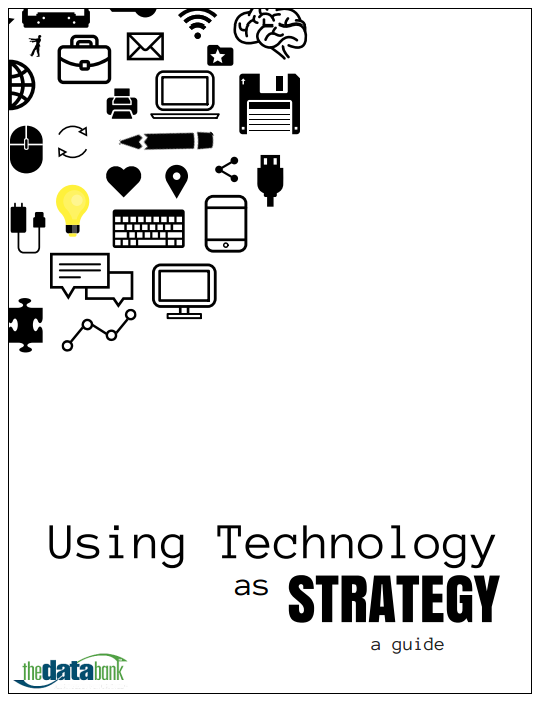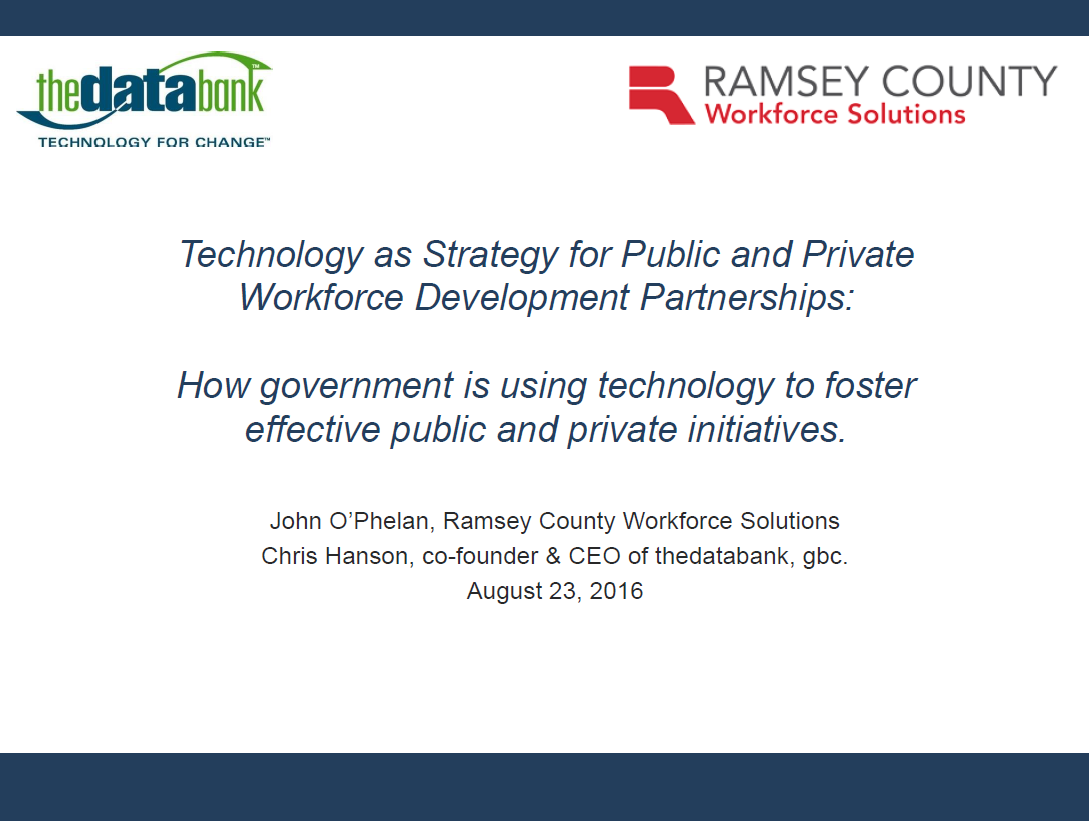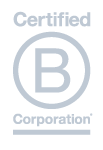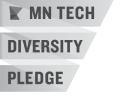Imagine walking into a room wearing your favorite t-shirt from high school and a pair of ripped jeans when you realize everyone else is dressed in business professional - oh wait, that is me every time I arrive for the first day of class.
Pursuing a degree in nonprofit management at a fairly well known business school is like going to Chicago and not indulging in their delicious deep dish pizza, you just don’t do it. I’ve often times felt like the black sheep among a whole sea of young business professionals fighting to be employed by Fortune 500 companies. In an environment with an emphasis on maximizing profit, nonprofit is a somewhat foreign concept. It’s been an internal struggle fighting to stay true to my personal passions in such an atmosphere. That is until I ran into an opportunity through New Sector Alliance, a fellowship program that brings together cohorts of young professionals to serve full-time on building a nonprofit’s capacity and participate in training, mentoring, and coaching activities.
Within New Sector, I finally found an opportunity that would give me further insight into organizational development and capacity building, provide me with real-world experience, and boost my career development, ultimately providing me with a chance to gain professional experience within the nonprofit sector that I had been so longingly looking for.
My initial reaction when I found out that thedatabank would be my host site? Honestly, I was hesitant. I didn’t know what to expect from a for-profit business with a socially-minded focus. My prior knowledge showed me that many corporations promote a strong sense of philanthropy, but in reality it becomes more of a marketing ploy to gain consumer interest. I admittedly didn’t know a whole lot about this newly evolving social sector that included social enterprises, public benefit corporations, and general benefit corporations.
I was used to direct services for the poor, vulnerable, and underrepresented. But how can these nonprofits run without recruiting volunteers? Without managing their donors? Without a platform for advocacy? Nonprofits still need amenities to run their organizations effectively, like a CRM, that I never thought was of high importance. That is until I came to thedatabank. Thank goodness there are people who are so passionate about capitalizing on technology for the greater good. During my interview, CEO Chris Hanson, asked me on one of my very first questions why I wanted to work in the social sector. After I answered with a fairly vague response about wanting to be a part of change in the community, he really challenged me by asking, “But what fuels that passion? What kind of impact do you want to see and why is that important to you?” That’s when I realized that although skills and education were important, more so was my desire for creating change. thedatabank doesn’t do business first and add in philanthropy second. thedatabank starts with hiring for a culture of change, and then emphasize the profit second. And that’s what makes socially-minded businesses different.
I can vividly remember my first day here at thedatabank. Like any first day, everything was so new. But unlike other first days, I felt extremely welcomed. I felt cared for with every conversation I had with staff members. The best way to describe it might be to say that I felt invested in. They cared about who I was, how to harness my skills and passions, and most importantly led me to becoming a young professional who could thrive in the social sector. Here, my opinion mattered. Here, they cared about my ideas, my personal perspective, and my knowledge. And here for the first time I realized how business and social impact can go hand in hand.
Throughout the fellowship I got the chance to manage my own project, participate in staff meetings, speak with potential partners, create marketing communications, and so much more. Although the list of fun and exciting tasks I did was endless, the time I spent on the phone with various consultants, marketing firms, or web developers seemed to top that list. I could literally hear the excitement, passion, and dedication in their voice when they talked about the various work they did for nonprofits. They became absolutely jazzed when I invited them to become a Complementary Service Provider and they couldn’t wait to work with like-minded people in a culture of change. During the course of my fellowship, I also had the chance to give back to the local community through a Habitat for Humanity build with coworkers and other B Corporation staff. There’s just something so empowering about not only speaking about change, but actually being the change. That’s what it’s all about, serving others in a variety of capacities but with the underlying aspiration to create social change.
Thank you to everyone at thedatabank! You truly are creating positive social change in a whole realm of aspects. For the first time in a long while, I am reenergized for the possibilities within the nonprofit sector.

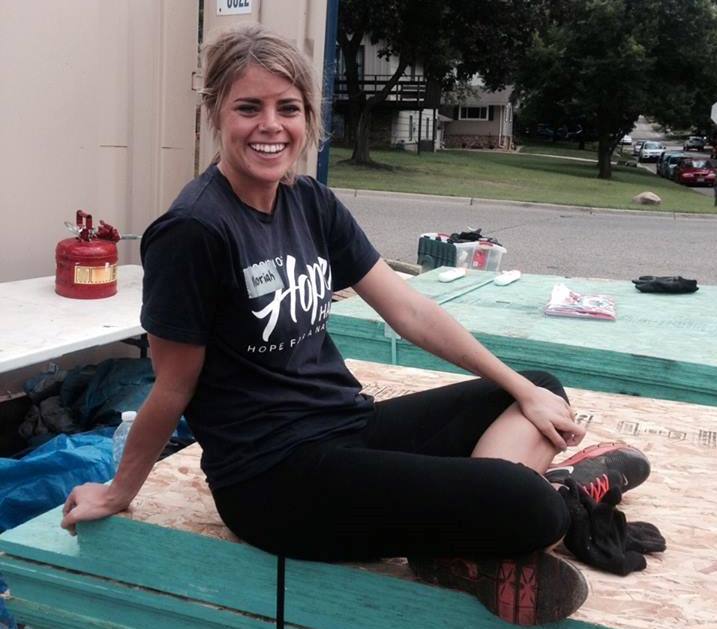
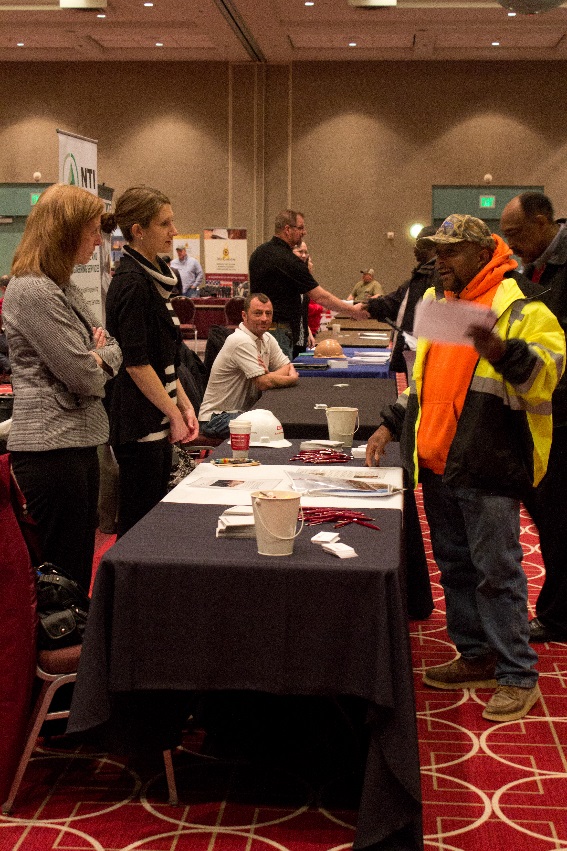
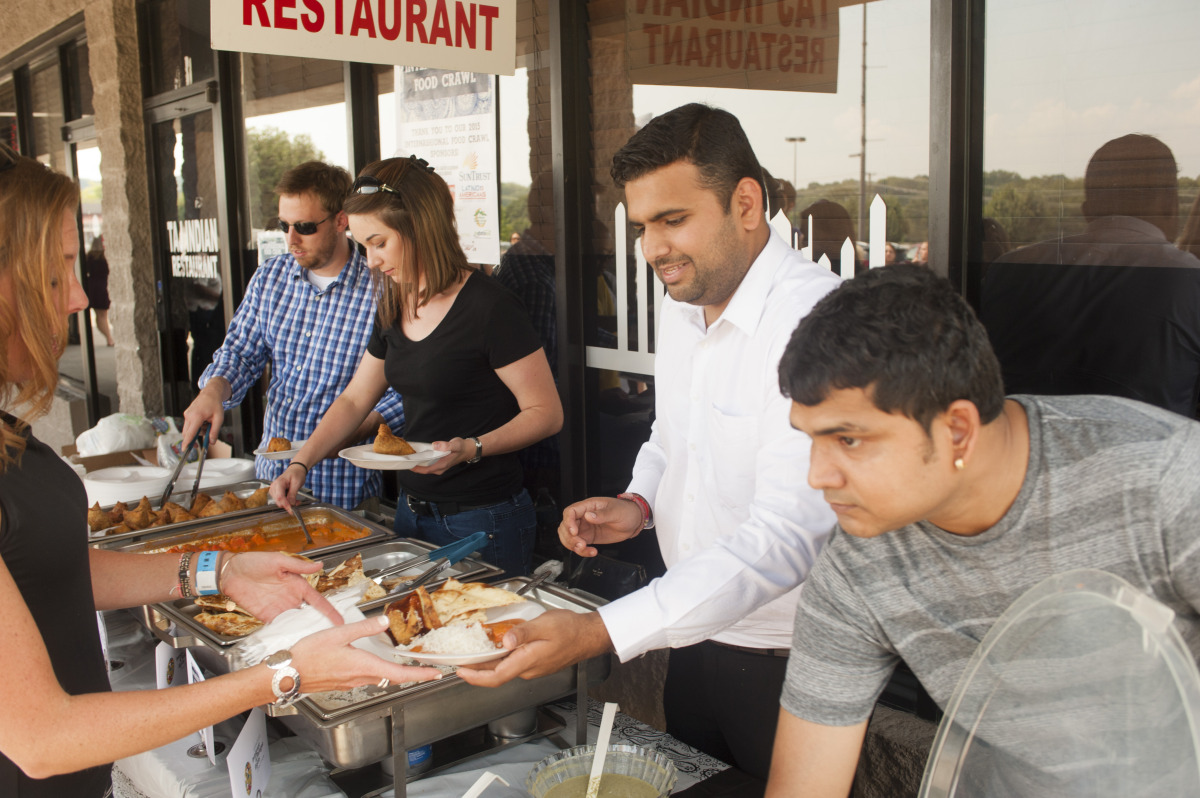
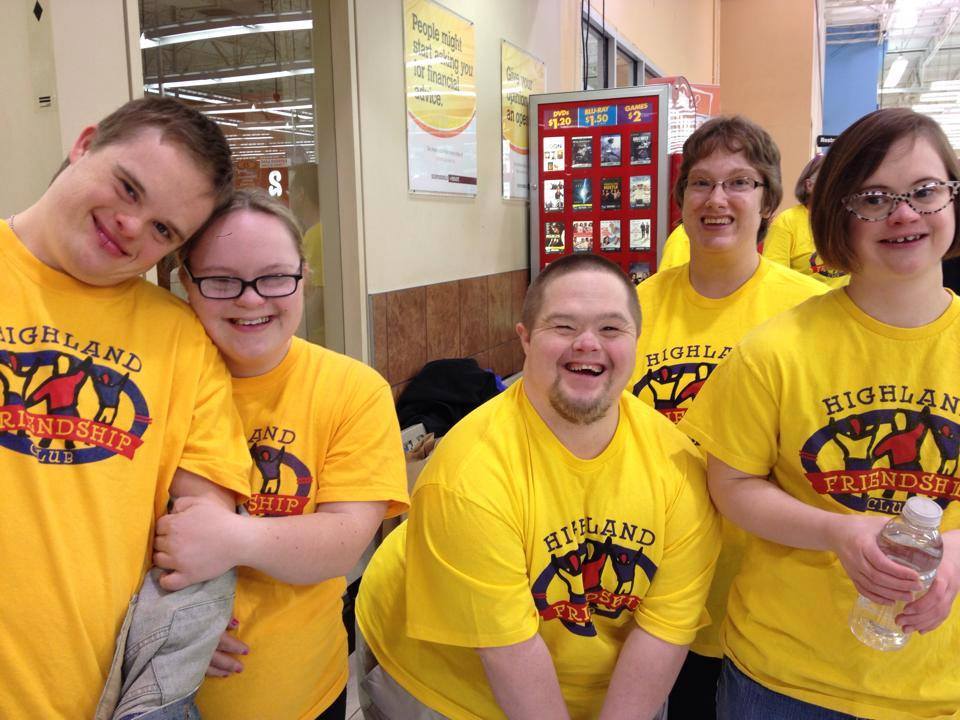

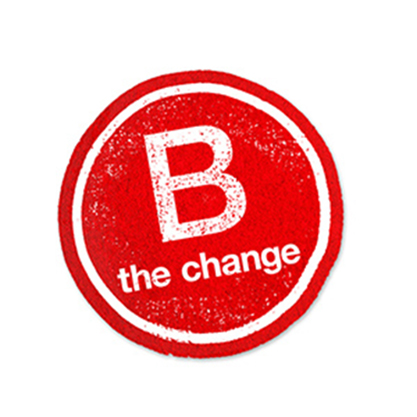
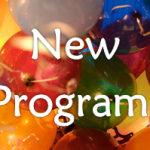

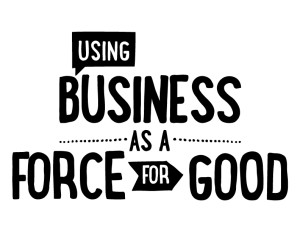
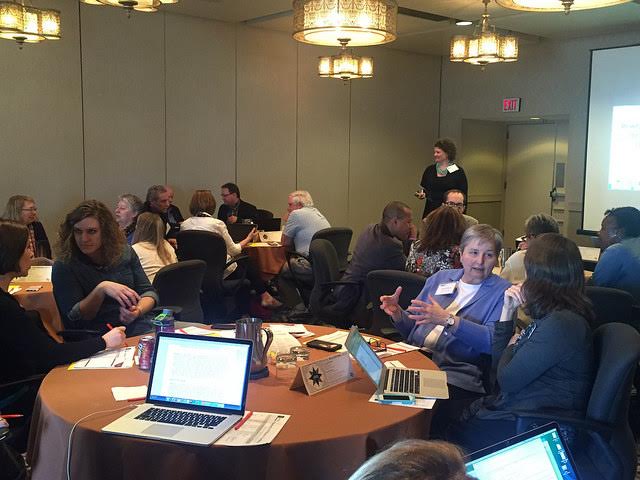
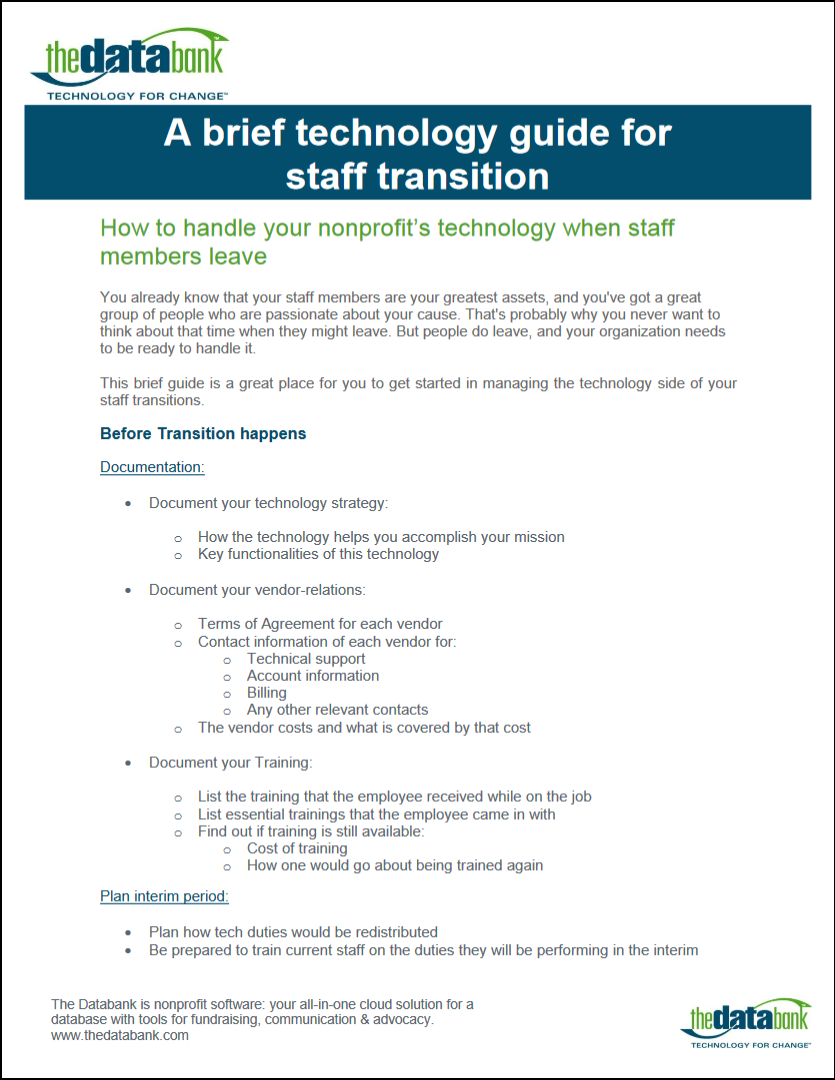

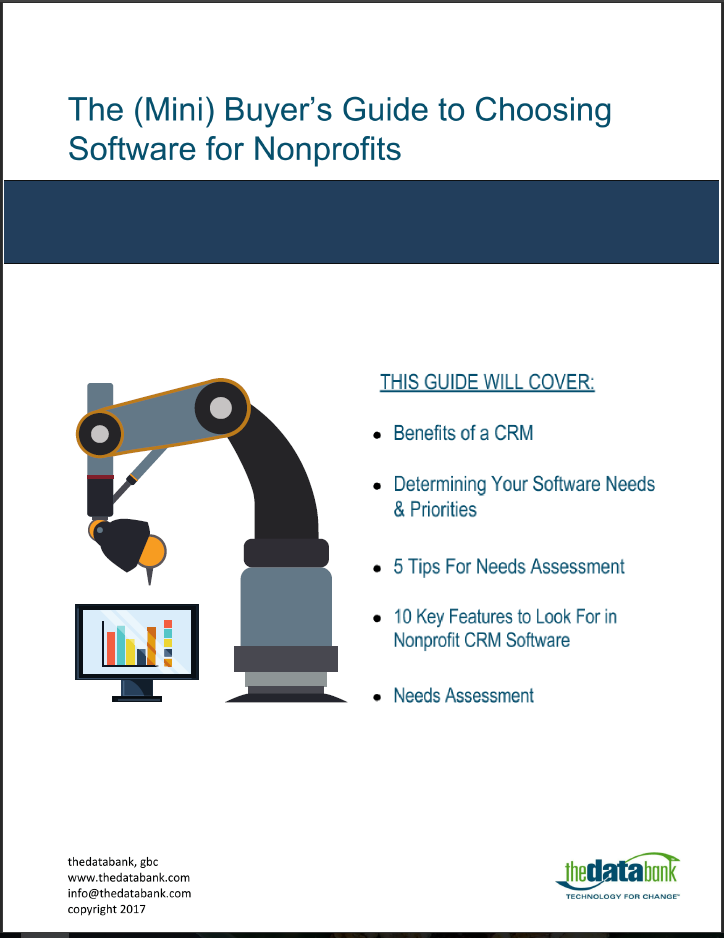


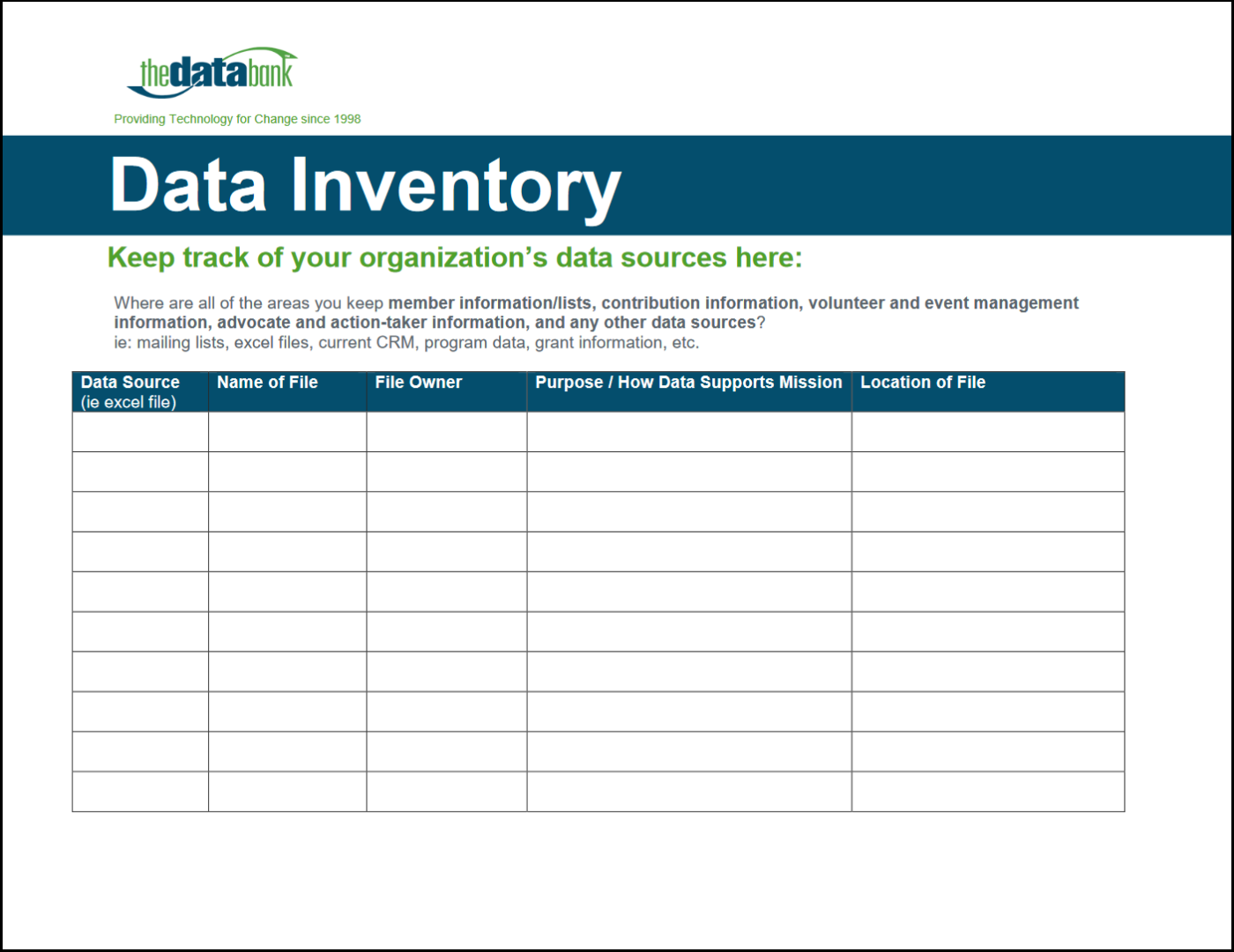


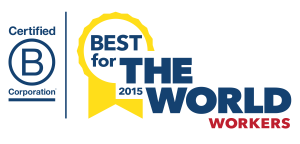

 thedatabank, gbc is technology for change, and we walk the talk.
thedatabank, gbc is technology for change, and we walk the talk. 



